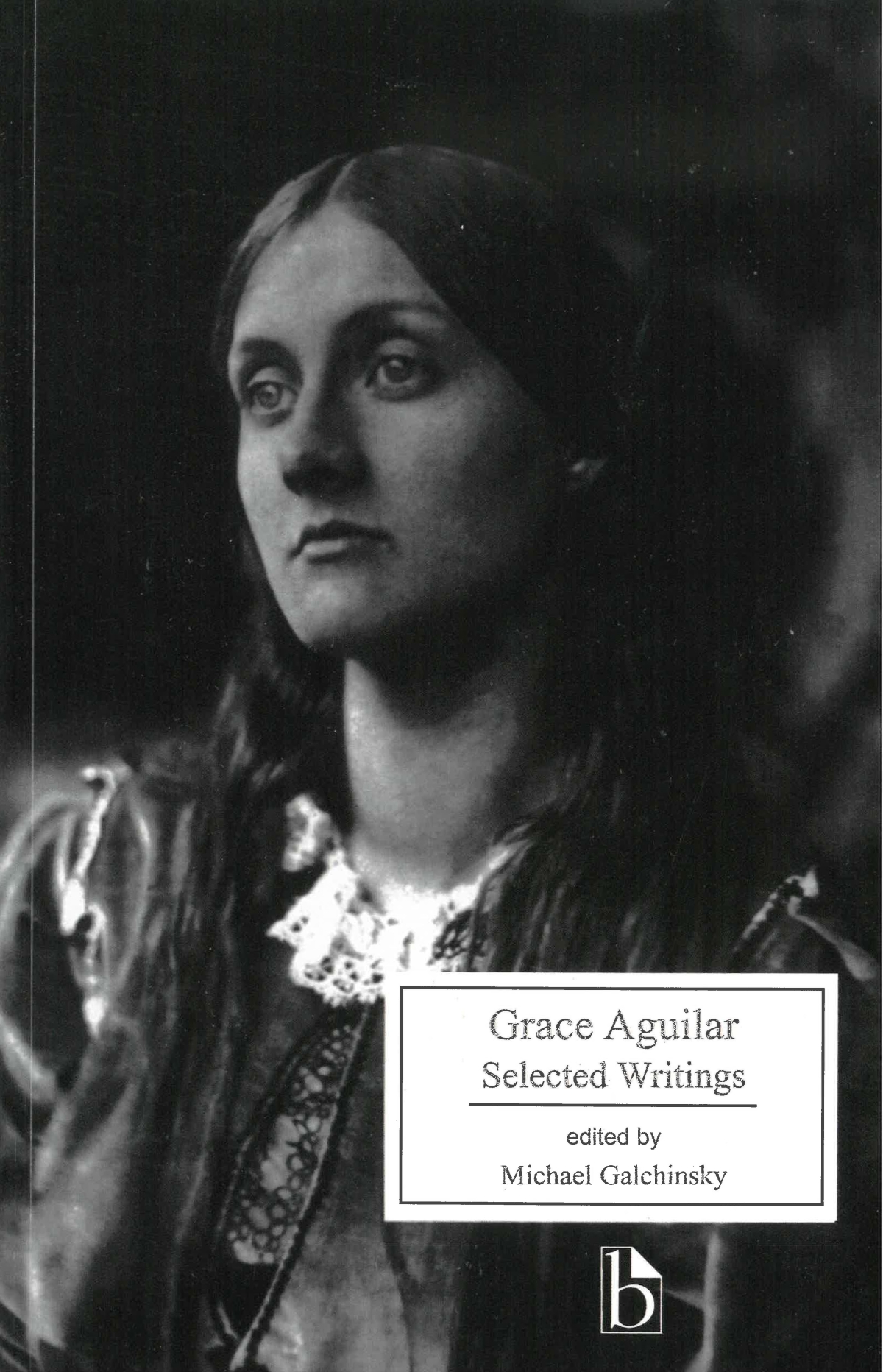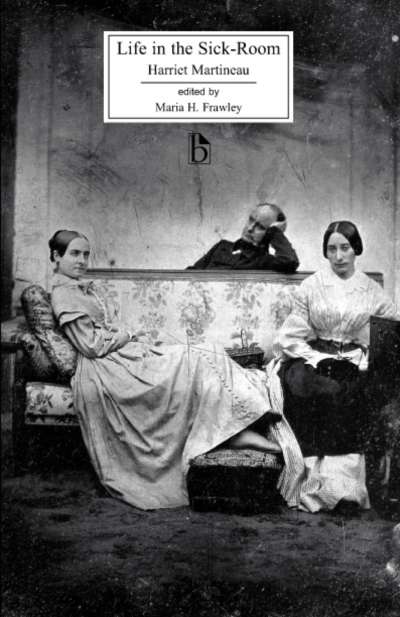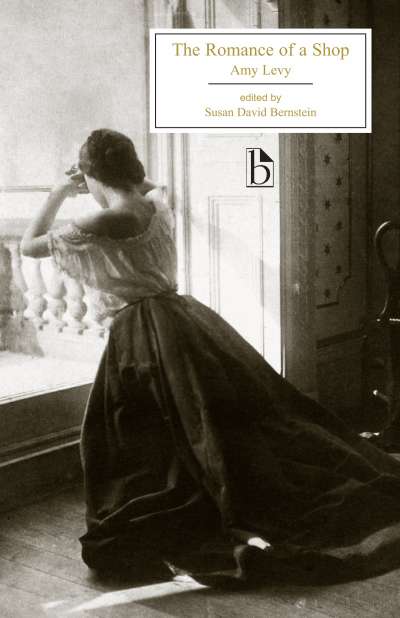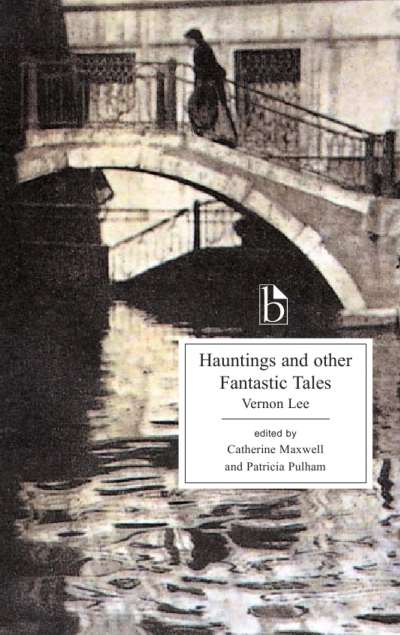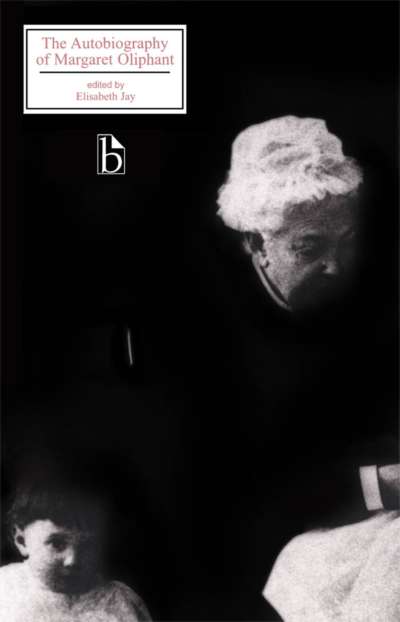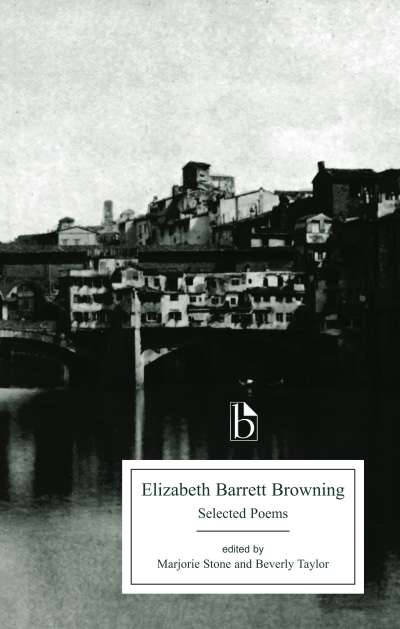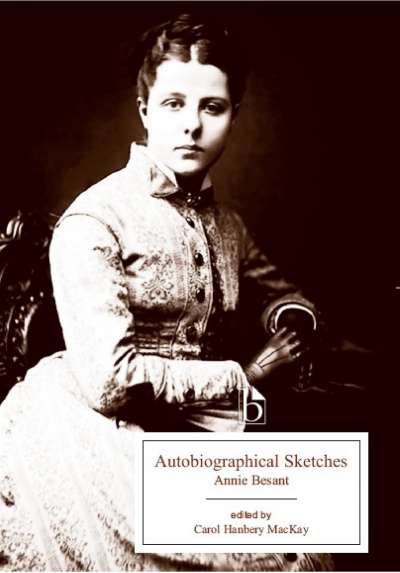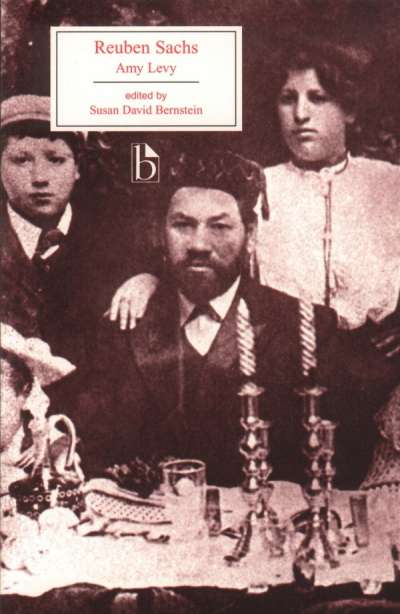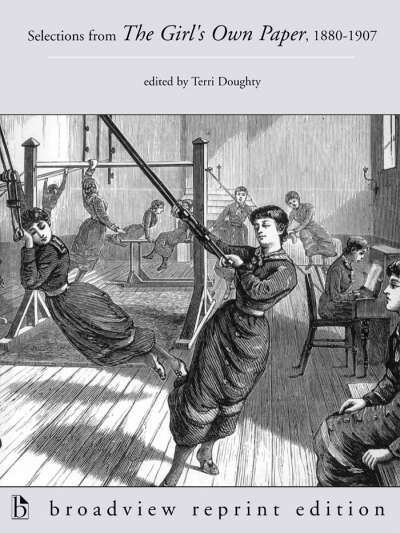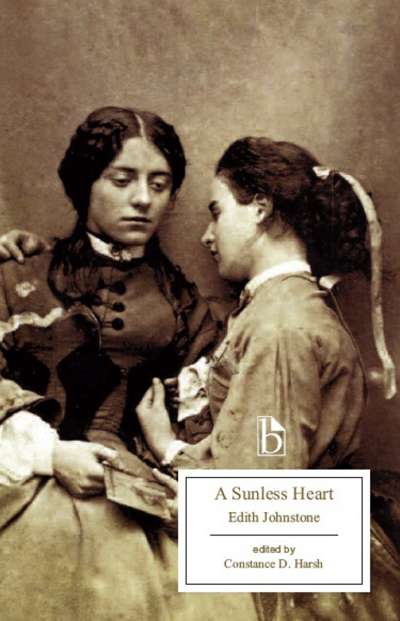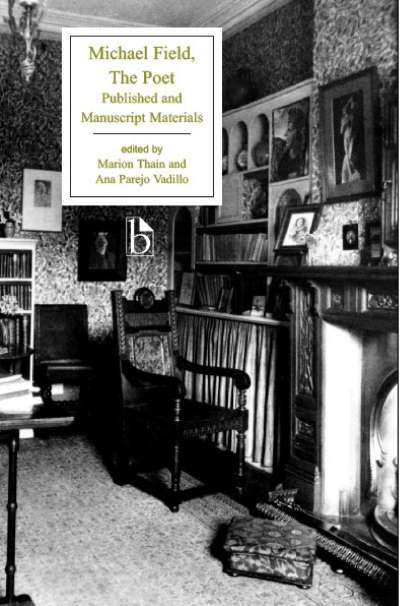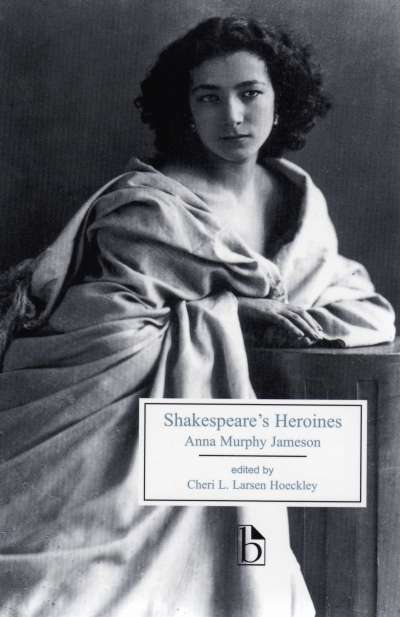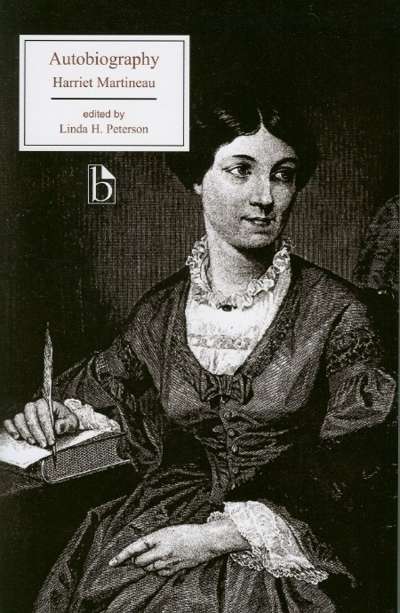For the first time in over a century, this edition makes available the work of the most important Jewish writer in early and mid-Victorian Britain. Grace Aguilar (1816-1847) broke new literary ground by writing from the unique perspective of an Anglo-Jewish woman. Aguilar’s writing responds to English representations of Jews and women by writers such as Felicia Hemans, Maria Edgeworth, Sir Walter Scott, and Thomas Macaulay. She both assimilates and alters the genres of historical romance, dramatic monologue, domestic fiction, history, and midrash, among others.
This edition includes Aguilar’s novella The Perez Family in its entirety; the Sephardic historical romance “The Escape,” her Sephardic historical romance, “History of the Jews in England,” the first such history ever written by a Jew; major poems; excerpts from The Women of Israel; and Aguilar’s Frankfurt journal, never before published. Also included are primary source materials such as writings on “the Jewish question” from Aguilar’s non-Jewish contemporaries, tributes and memoirs, and contemporary responses to her work.
Comments
“This well-conceived edition makes an extraordinary contribution to our understanding of Anglo-Jewish literature and culture in the early Victorian era. Michael Galchinsky’s introductions and notes (as well as excellently chosen appended materials that in several cases reprint long unavailable works by other writers) place Aguilar’s writing in its often overlapping Romantic, Victorian, and Jewish contexts to restore an important voice to literary history.” — Meri-Jane Rochelson, Florida International University
“Michael Galchinsky’s splendid edition of Grace Aguilar’s work, long out of print, revives the founder of Anglo-Jewish literature; the significance of her novels, poems, histories, and theological work cannot be overestimated. His rich and incisive introduction, incorporating valuable original scholarship, examines Aguilar’s energetic warfare as an Anglo-Jewish woman writer in both Anglo-Christian and Anglo-Jewish patriarchal worlds and sheds much new light on the trans-Atlantic Jewish connection. Ancillary materials, as well as expert notes, deftly shape out Aguilar’s literary and religious environment.” — Daniel A. Harris, Rutgers University, New Brunswick
“Making available the work of the first Anglo-Jewish woman writer, this is a welcome and timely anthology. Michael Galchinsky’s detailed introduction provides an excellent account of the contexts in which Grace Aguilar wrote, as a Sephardic Jew during the period of debates about religious equality and religious reform and as a published woman writer during the heyday of ‘separate spheres’ ideology. Aguilar’s writing on domestic womanhood and Jewish female education, her Jewish historical fiction, and her religious poetry offer a fascinating example of the appropriation and adaptation by a Jewish writer of mainstream Victorian literary genres.” — Nadia Valman, University of Southampton, UK

